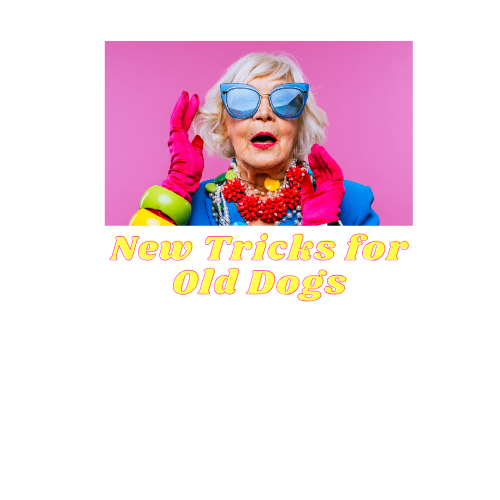Multi-tasking through a pandemic
The smell of Scorched Something drew me downstairs. Dad-gummit! I had just started getting into the focus and flow of writing when, in a panic, I remembered the pan of water I had put on to boil for hummingbird nectar. Yes, it burned dry, but it didn’t set off a smoke alarm. We don’t […]
Multi-tasking through a pandemic Read More »
